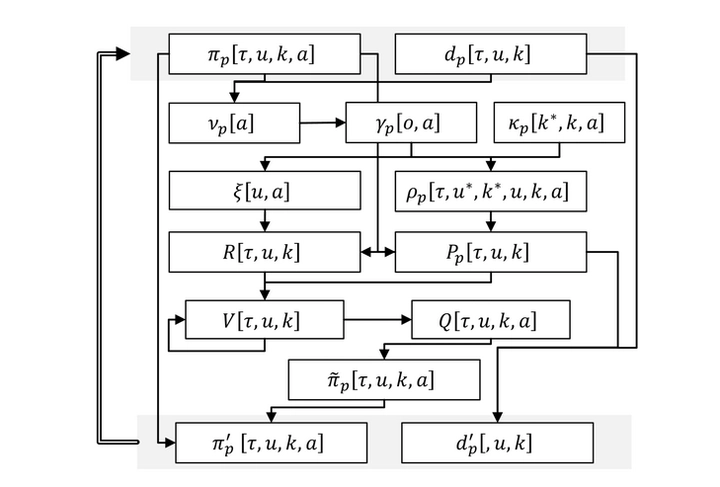Fair Money--Public Good Value Pricing With Karma Economies
 Image credit: Kevin Riehl
Image credit: Kevin RiehlAbstract
City road infrastructure is a public good, and over-consumption by self-interested, rational individuals leads to traffic jams. Congestion pricing is effective in reducing demand to sustainable levels, but also controversial, as it introduces equity issues and systematically discriminates lower-income groups. Karma is a non-monetary, fair, and efficient resource allocation mechanism, that employs an artificial currency different from money, that incentivizes cooperation amongst selfish individuals, and achieves a balance between giving and taking. Where money does not do its job, Karma achieves socially more desirable resource allocations by being aligned with consumers’ needs rather than their financial power. This work highlights the value proposition of Karma, gives guidance on important Karma mechanism design elements, and equips the reader with a useful software framework to model Karma economies and predict consumers’ behaviour. A case study demonstrates the potential of this feasible alternative to money, without the burden of additional fees.